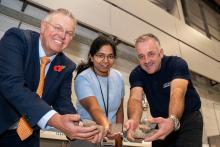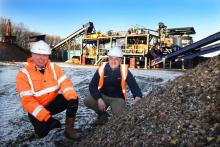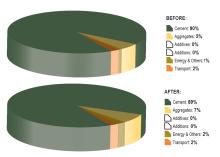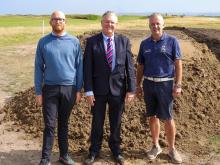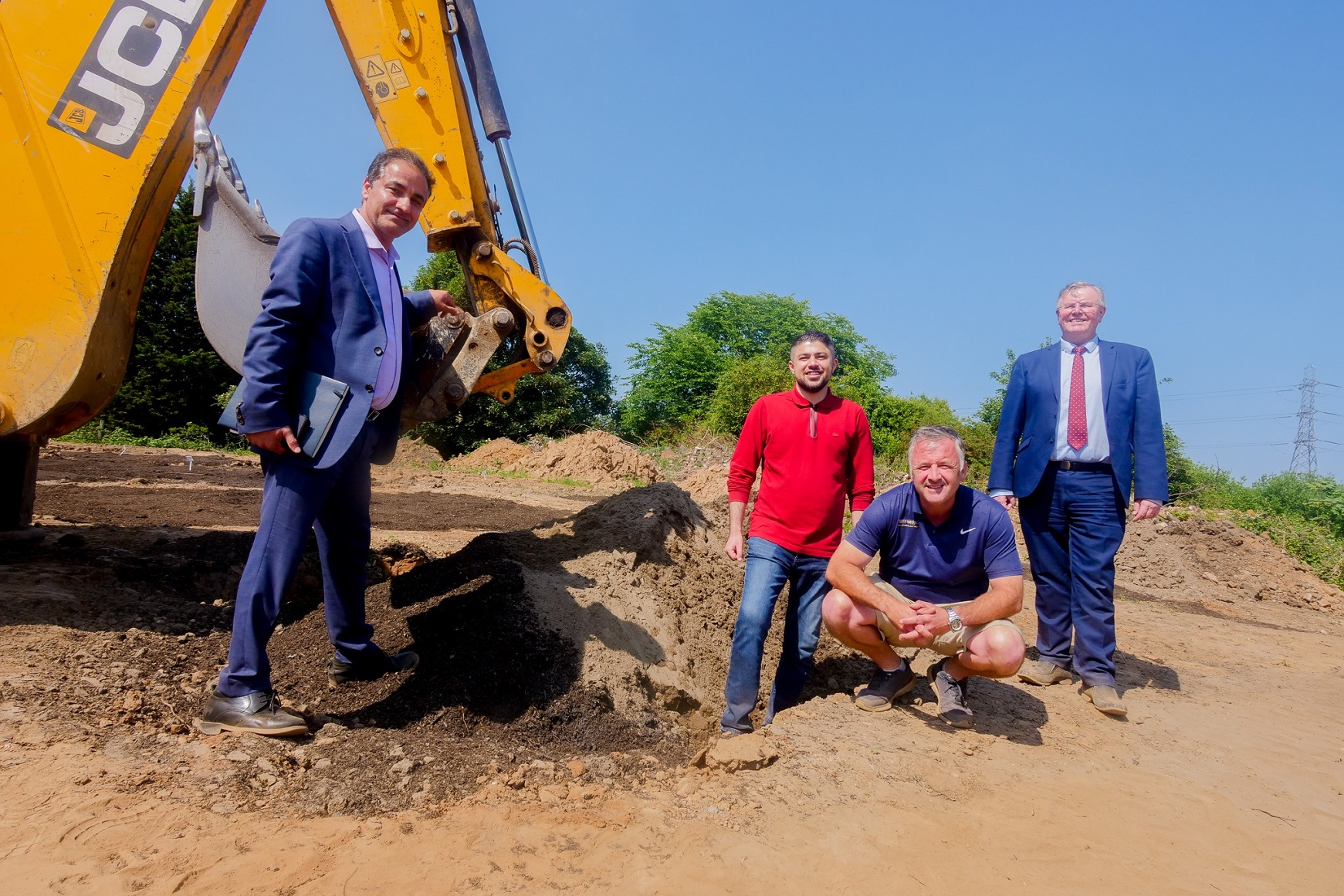
The two-year research programme will measure which waste materials, or blend of waste materials, are optimum for carbon sequestration - the process that removes and stores carbon from the atmosphere, helping reduce the effects of global warming.
Scott Bros has donated a site near Haverton Hill, Stockton, the size of a football field, where it has created 30 pits three metres wide and a metre deep.
They have been filled with a combination of waste clay, activated filter cake, demolition waste and green waste that is produced by the family-run firm’s two wash plants, which convert construction and excavation waste into high-quality sand and aggregate.
The researchers will also measure the performance of a fine-grained clay material, a by-product of the wash plant process. This ‘filter cake’ is only used as low-value BS-certificated pond lining clay or inert engineering fill. However, Scott Bros has developed several clay prototype bricks, attracting interest from major UK housebuilders.
Dr Sina Rezaei Gomari, senior lecturer in Energy and Environmental Engineering at Teesside University, said: “At Teesside University, our research is committed to finding new ways to support the just transition to a net zero economy.
“The reduction of atmospheric carbon dioxide will be an integral factor in achieving this, and therefore we are delighted to be involved in this innovative project which will have the dual impact of finding new uses for waste materials and reducing greenhouse gases.”
The project forms part of research assistant Mardin Abdalqadir’s doctoral studies. He added: “Soil is extremely efficient at capturing carbon dioxide from the atmosphere, but for this to occur naturally takes an incredibly long time.
“By seeking to find the best combination of waste materials to create an artificial soil, we are accelerating that process and developing a new material which could possibly be used to landscape areas of high carbon dioxide production, such as city environments.”
Peter Scott, a director of Scott Bros, said: “We have partnered with Teesside University on several initiatives to promote the circular economy and were delighted to be invited to support this vital research into carbon sequestration. If successful, there are many areas of disused land around the country that could be used to trap carbon.”
Fellow director Bob Borthwick added: “This uses a variety of materials that Scott Bros is already recycling that might otherwise end up in landfill. If any of these materials are discovered to be particularly proficient at carbon capture, it could be a major step forward in tackling global warming.
“In addition, it would add value to materials once considered waste and encourage the development of further sustainable products that protect the environment.”

